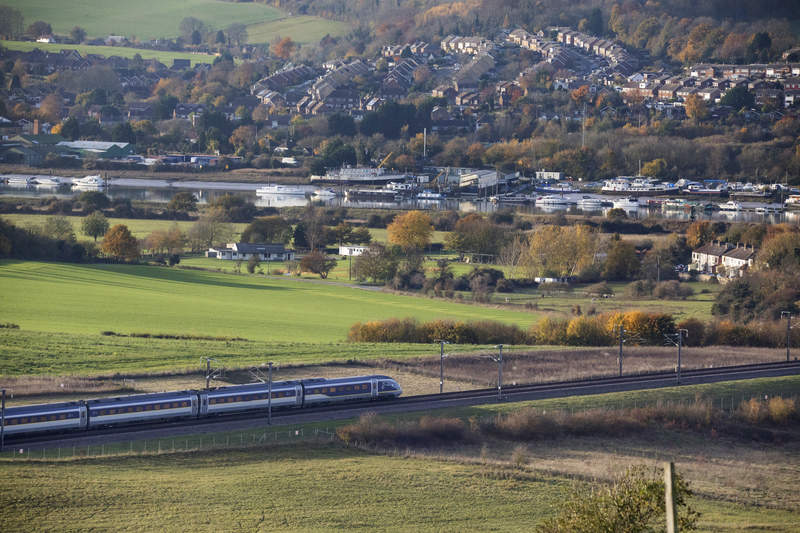You have to wonder though how much is origin/destination traffic (which could favour trains) versus connecting traffic (obviously favouring air traffic). One route were the decline in air traffic is well documented is MAD-BCN, which used to feature alongside MEL-SYD as one of the top airport pairs in terms of annual passenger traffic, but dropped substantially (but has stabilised) following the introduction of the high speed AVE link between the two cities. Train takes 2.5-3 hrs, plane takes 1.5 hrs. Of course depends on where in the cities you are travelling to and from.
But it seems a rough rule of thumb is that anything 500km or less (great circle distance) seems to be worthwhile by train, after that distance, it seems the benefit of HSR is more marginal, or non existent. A SYD-CBR-MEL train really would need to take 3.5 hrs or less to be worthwhile, which probably means an average speed of 270 kph or more, which could be a difficult feat to achieve (nb: easy to find literature on the maximum speed of various high speed trains operating , but more difficult to find average scheduled speeds. Taking Paris-Lyon which seems to be about 230km/h, which would make MEL-CBR-SYD a less competitive 4+ hrs).















